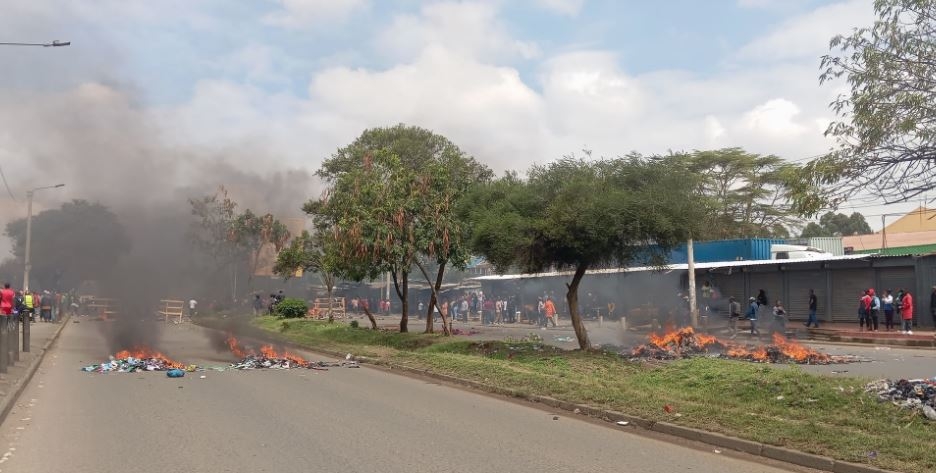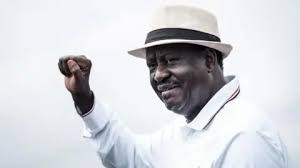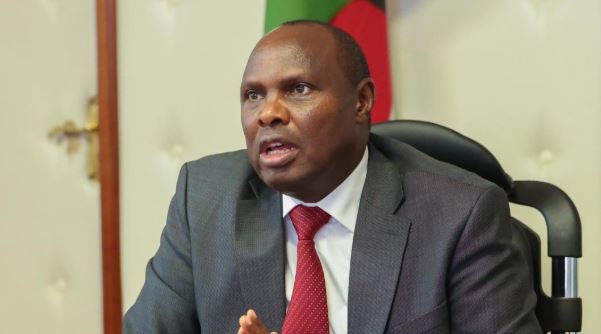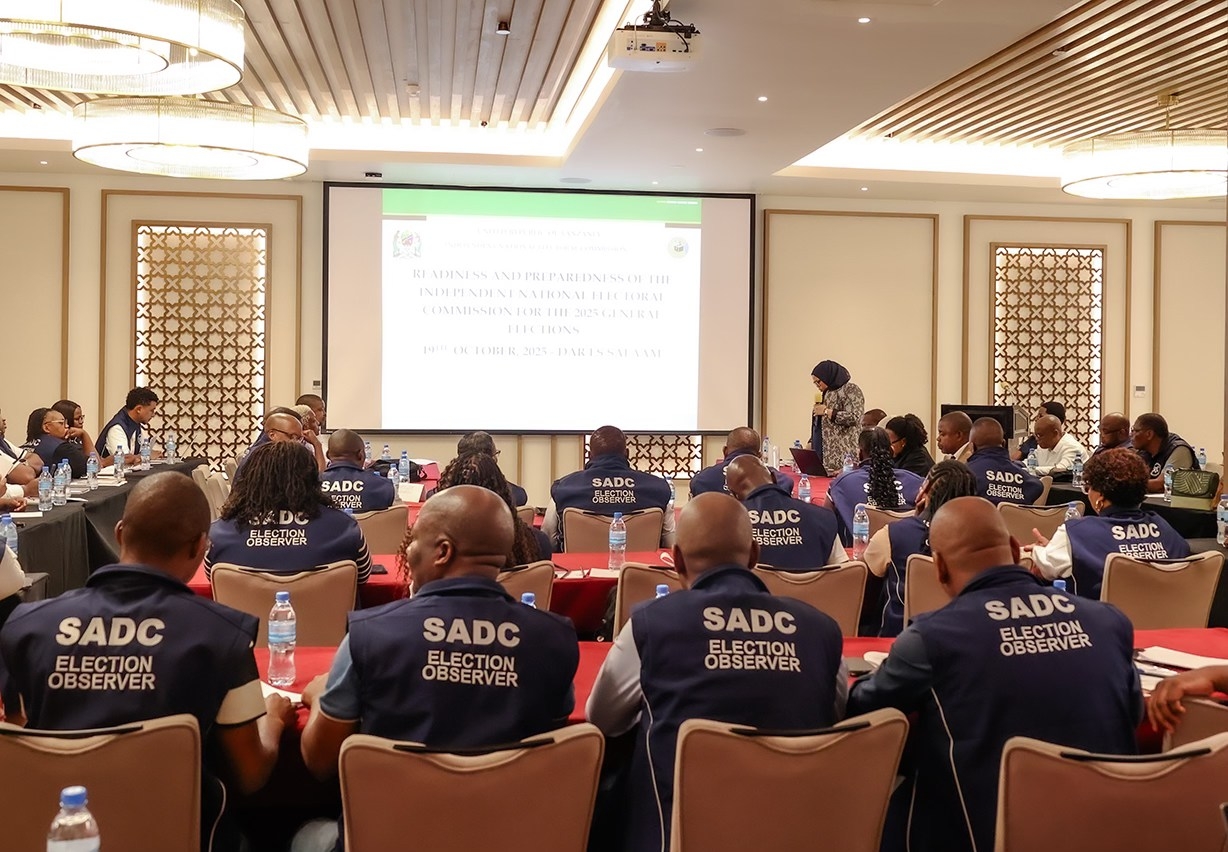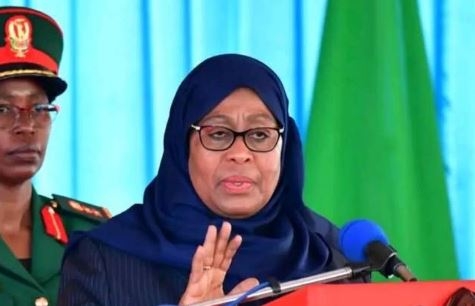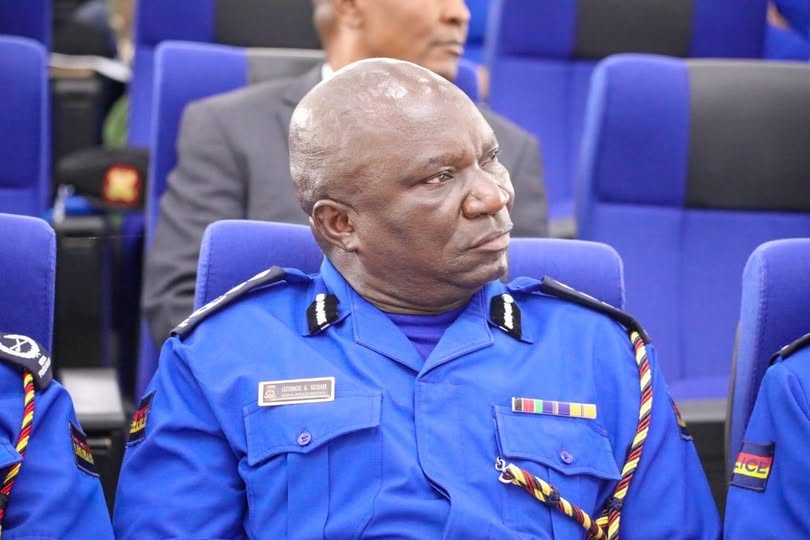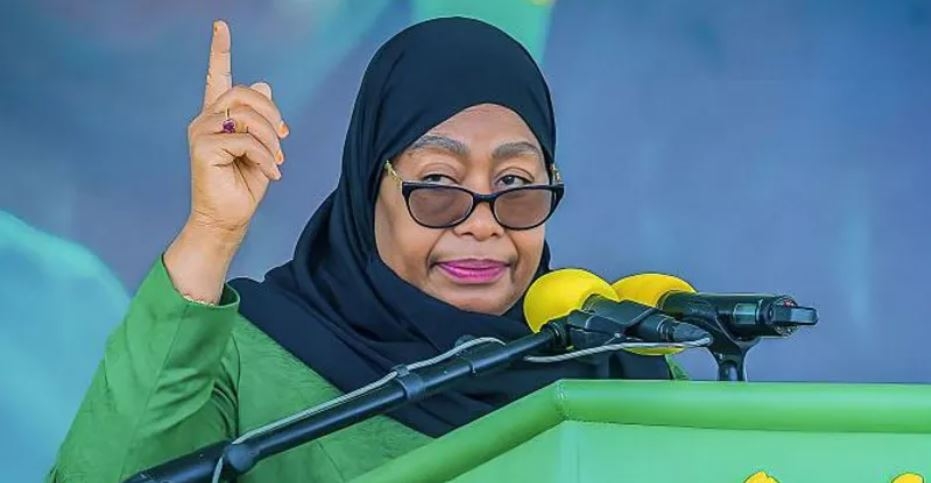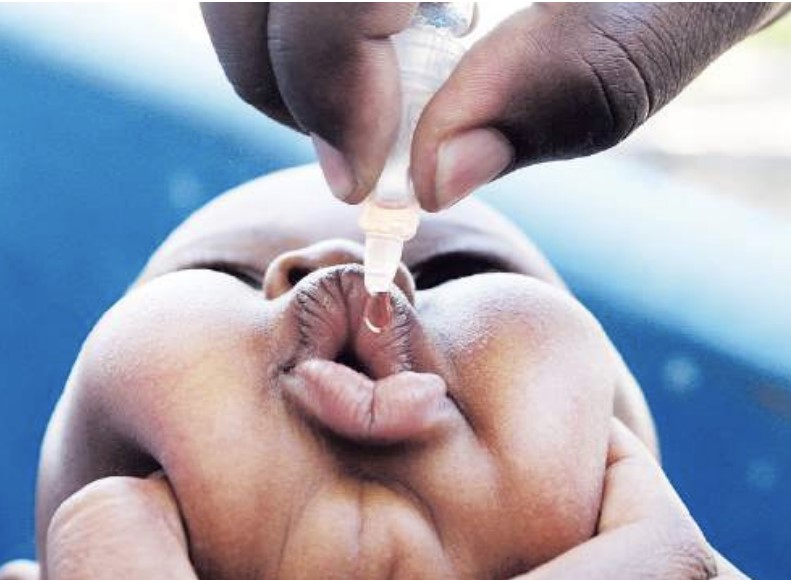
The Senate has opened an inquiry into the safety and effectiveness of the polio vaccine administered on children in the recent vaccination campaign.
The development came in the wake of a public outcry over alleged adverse side effects of the vaccine.
In the inquiry, the Senate Health Committee will summon Ministry of Health officials to explain the safety of the vaccine.
“Provide detailed information on the adverse effects if any, of the polio vaccines administered recently by the Ministry of Health,” nominated Senator Esther Okenyuri said as she petitioned the committee to investigate the matter.
The Ministry of Health administered the vaccine last month to respond to an outbreak of Vaccine-Derived Poliovirus Type 2 (cVDPV2) in Kenya.
At least five cases of the disease have been detected this year, including four children from Kakuma Refugee Camp in Turkana and one in Kamukunji, Nairobi.
However, soon after the vaccination, parents expressed concerns over the serious side effects their children manifested.
Some children developed convulsion, diarrhoea, fever and vomiting, among other side effects.
On social media, many parents registered concerns and associated the effects of the vaccine, saying they started noticing a change in their children immediately after they were vaccinated.
However, the Ministry of Health denied any connection of the symptoms to the vaccine.
Director of Medical Services Dr Jackson Kioko said the symptoms are likely to be a sign of flu in children and have nothing to do with the polio vaccine.
“Kenya usually experiences increased flu cases twice in a year. The first upsurge of flu cases runs from March to May while the second increase runs from July to October every year. We are therefore currently experiencing the second flu season in the country,” the ministry said.
“This explains the increasing number of patients presenting with high-grade fever in health facilities.”
However, the ministry’s statement comes a week after the World Health Organization (WHO) said OPV used for disease prevention has been linked to recent outbreaks of the virus that is reemerging in some countries, including Kenya.
In her petition, Okenyuri wants to know the strategies deployed by the ministry to respond to the side effects.
In the probe, the committee, chaired by Uasin Gishu Senator Jackson Mandago, will establish the ministry’s strategies to ensure the vaccine safety risks are identified and quantified against potential benefits.
“Provide a detailed report on the current status of the polio vaccination campaign across the country specifying the number of children vaccinated in each county and the particulars of the vaccines administered,” she said.
The panel will also outline measures the government is taking to prevent the emergence of preventable diseases in light of the rising vaccine hesitancy.
The lawmaker also wants the ministry officials to provide relevant information regarding existing donor financing arrangements between the ministry and development partners, especially the provision of vaccines and other essential commodities.
Last month’s polio vaccination campaign targeted 3.8 million children under five years across nine high-risk counties: Nairobi, Busia, Bungoma, Turkana, Trans Nzoia, West Pokot, Kiambu, Machakos, and Kajiado.
Public Health PS Mary Muthoni emphasised the government’s commitment to eradicating polio.



